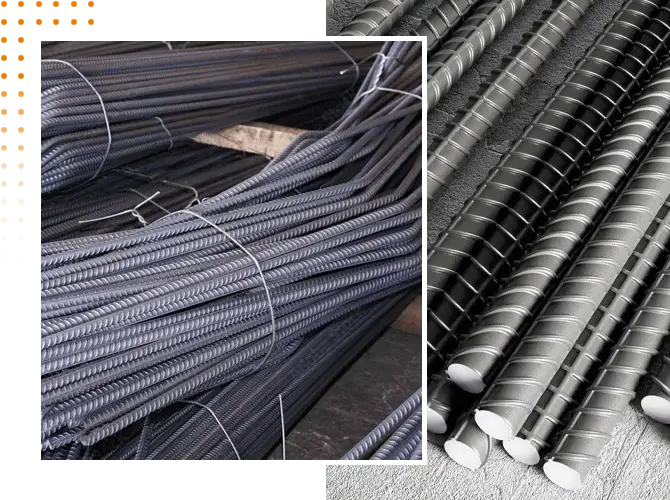Sustainable practices in building manufacturing
The construction sector is experiencing a radical transformation toward sustainability at a time when environmental consciousness is at the forefront of global concerns. A vital component of construction, building manufacturing is seeing an increase in the use of sustainable methods that not only lessen their impact on the environment but also provide long-term social and economic advantages.
The importance of sustainable construction methods is growing as the globe struggles with the repercussions of climate change. One of the best methods to lessen construction's negative environmental effects is to use sustainable building materials. In this blog post, we will focus on sustainable practices in building manufacturing.

The rise of sustainable materials
The transition toward eco-friendly materials is one of the main forces behind sustainability in the building industry. From extraction to production to disposal, traditional building materials frequently have a large environmental impact.
But things are starting to change as sustainable substitutes like bamboo, recycled wood, recycled steel, and environmentally friendly concrete surface.
Recycled steel is becoming more and more popular since it requires less energy to manufacture than raw steel because it is made from post-consumer and industrial scrap. It preserves the durability and strength of ordinary steel while also reducing waste.
Bamboo is regarded as an environmentally friendly alternative for a variety of building applications due to its quick growth and renewability. Manufacturers who are concerned about the environment will find its strength-to-weight ratio and capacity to store carbon to be appealing.
Deforestation can be decreased by making use of recycled wood from decaying structures or sustainably managed woods. Recycled wood's individuality and character enhance projects' aesthetic appeal while supporting environmentally friendly forestry methods.
Eco-friendly solutions that use recycled ingredients like slag and fly ashes are being made possible by innovations in concrete compositions. The historically resource-intensive material concrete has a lower carbon footprint thanks to these substitutes.
Energy-efficient manufacturing processes
The environmental impact of building manufacturing is mostly influenced by energy use. In this area, adopting cleaner technologies, reducing emissions, and minimizing energy consumption are the main goals of sustainable practices.
Wind Power and Solar
Renewable energy sources like solar and wind power are being integrated into operations by several forward-thinking manufacturers. This cuts greenhouse gas emissions in addition to their reliance on non-renewable energy.
Energy-efficient equipment
Purchasing energy-efficient tools and machinery reduces running expenses and supports environmentally friendly production methods. Optimizing energy use is made possible by automated systems and smart technologies.
Waste reduction and recycling
Effective waste management is essential to the production of sustainable buildings. A sustainable economy is facilitated by minimizing waste by ethical sourcing, process optimization, and the implementation of recycling programs.
Construction waste recycling
Businesses may divert a large amount of material from landfills by recycling manufacturing and construction waste. This method preserves important resources while also lessening its negative effects on the environment.
Closed-loop systems
The amount of virgin resources used in production is reduced by implementing closed-loop systems that recycle and reuse materials. Industry sustainability and resource efficiency are improved by this circular strategy.
Certified excellence: CSRM Steel's green credentials
Renowned organizations like BUET and ISO have certified Chakda Steel & Re-Rolling Mills Pvt. Ltd. (CSRM). The company's commitment to sustainability, quality, and following industry standards is recognized by these certifications.
Our dedication to environmentally friendly manufacturing is further demonstrated by its focus on accuracy and excellence in its product and quality center.

Final remark
The construction industry is a major force behind creating a more secure and environmentally friendly future as it embraces sustainable practices. The implementation of environmentally sustainable products, energy-efficient procedures, waste minimization campaigns, and certification programs indicates a shared commitment to environmental responsibility.
Within the construction industry, Chakda Steel & Re-Rolling Mills Pvt. Ltd. (CSRM), is an outstanding example of sustainable development and proof that sustainability and resilience may coexist in the future. By choosing us, you are not only investing in quality steel products but also creating a sustainable future where environmental responsibility, strength, and innovation coexist together.
Ask for a Quotation!